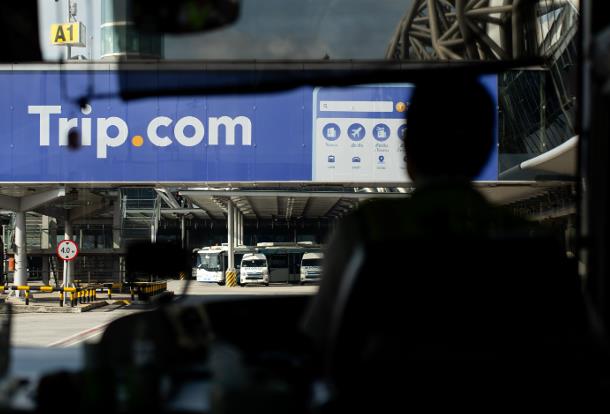The OTA segment is developing into an exciting and dynamic growth driver in the Asia Pacific region. It can get a lot more exciting if all players and aspirants in this space discard the old mindset that still sees markets demarcated by national borders. We should all just “Think Borderless” if we really want OTA to take off in this region.

OTA sector in APAC region should "think borderless" to go the distance
Customer acquisition with meta-search
For a large part of Asia, the online space is still very much in development. Most markets are dominated by one or two leading homegrown OTA brands, with perhaps one or two more international players in the mix. These early entrants occupy significant brand and mind share, thanks to savvy online marketing.
What we are seeing is a growing presence of price comparison engines, i.e. travel meta-search. This is rather different from the usual evolution of an online ecosystem where comparison engines emerge as a result of too much choice, and its role is to provide consumers with a better ability to compare and make purchase decisions.
Instead these meta-search or price comparison engines are capitalizing on this developing market to establish themselves as the first point of contact for travel booking and as a means to reach customers.
This makes it a mandatory channel for B2C online agencies to acquire customers. The price comparison function provided by the meta-search engines also attract customers who are already further down the purchase funnel, which means potentially better conversion for the OTAs.
The shift towards commoditizing travel products through meta-search engines also help to reduce market entry barrier costs.
An OTA can effectively target traffic in another market. Consumers are less concerned if the OTA brand they purchased from is a known brand within their local market. This presents itself as an opportunity for a greater network of buyer-seller relationships to form. There are no geographical borders on the internet after all.
Fulfilment with O2O
The growth of meta-search engines is still somewhat hampered by the limited supplier/seller base. To participate in meta-search engines, the agents need to have an API connection as well as transaction capabilities.
For meta-search engines and large audience portals, this ability to drive demand from online customers, which will then be fulfilled by a large offline sales operation is key in growing and establishing market share, particularly in China.
Whilst online shopping is common, online completion of purchase as well as after sales support certainly have room for improvement. Accessing online payment methods, trust associated with purchasing online, the complexity of the product purchased are just some of these barriers. Online-2-Offline (O2O) helps overcome these obstacles.
This O2O partnership model is fast catching on with other types of online businesses as well, particularly in China, where it is evolving as part of the fulfillment and after sales process.
The sharing economy
The core idea of the sharing economy is about commercializing or monetizing a dormant resource or inventory, over an established network. If I have an apartment or spare room that I am not using, I can rent it out by promoting it over a network of holiday users. Sounds familiar? There is no limitation that the “buyers” and “sellers” need to be in the same location or market.
This approach is also applicable to the online travel world. For example, if an agency has access to advantageous or unique content, they can increase usage or sales by leveraging on an international network of users on the same technical platform and system.
This is not an entirely new concept. Agents have been working with ticketing partners and consolidators in different markets. The internet provides the ease in collaboration.
The trick of course is to get it online seamlessly, efficiently and linked with the right partners.
Travel technology companies like Travelport can do their part by providing cost effective technologies to enable all the above.
By making agencies meta-search ready, by being the conduit that links agencies to meta-search engines, by helping offline agencies get online and of course by providing the content that makes all of it compelling.
This is an analysis by Ming Foong, Online Travel Agencies Director - APAC, Travelport




